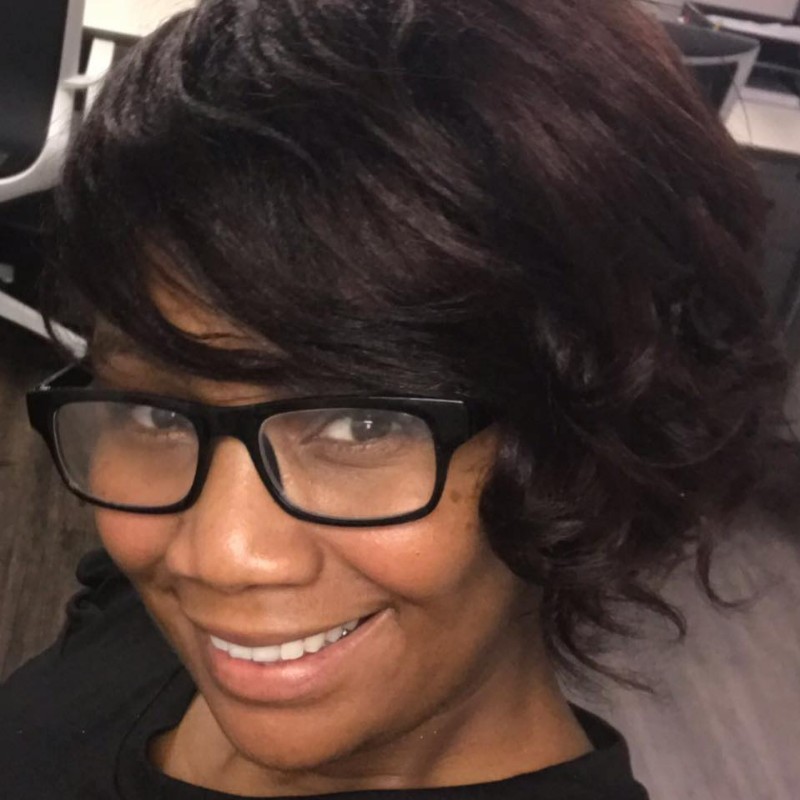Artificial Intelligence Full of Opportunities for the Senior Care Industry
Recent years have seen tremendous advancements in the field of artificial intelligence (AI), but public response to the technology has been varied. Expressions of fear and uncertainty, worries about job loss, and questions about security are common. Still, AI is transforming the way we live, and its impact is particularly notable on the senior care and healthcare industries.
A new report brings positive information on nurses’ perception of AI, and senior care communities are already embracing the technology in several ways.
How Nurses Feel About AI
McKinsey and the American Nurses Foundation created a national survey to evaluate nurse perception of and experience with AI. The survey findings reflect responses received from 7,200 nurses.
The findings suggest a relatively positive perception of AI among nurses, with 64% of respondents indicating they would like to see more AI tools incorporated into their work. While 42% of respondents are hopeful that AI quality will improve, 23% indicated they are uncomfortable about what AI could mean for patient care.
More than two-thirds of respondents feel there is some opportunity to improve patient care or case workload with AI. When presented with nine possible AI applications in clinical settings, about two-thirds of respondents said they think each application could be very helpful.
Health system and senior care community leaders should consider nurses’ concerns about patient care quality and the potential impacts of using AI in healthcare. When asked about their concerns when using AI, 61% of respondents reported that trust in accuracy is a top three concern. Additionally, 49% are most concerned about the lack of human interaction, while 36% are concerned about a lack of knowledge on how to use AI technology and tools.
How AI Is Already Impacting the Senior Care Industry

Veronica ‘Mo’ Carr, owner of three Avendelle Assisted Living locations
Veronica ‘Mo’ Carr, owner of three Avendelle Assisted Living locations in Rolesville, North Carolina, has already implemented AI into care plans. “We embrace AI as an extension of the love and care we pour into our residents daily,” explains Carr. The communities use tools like Freed AI Scribe to document care plans and meetings, ensuring accuracy and that no details are overlooked. The communities also use AI to identify patterns in resident health and behavior, which helps staff anticipate resident needs before they arise. “It’s like having an extra layer of support to help us ensure every resident feels cared for, respected, and seen as part of our family,” Carr says.
Carr has seen numerous benefits from the technology. She explains that AI has helped improve communication among staff and with resident families, helping keep everyone informed and connected. She also notes that AI has lightened the administrative load, which has freed up more time for meaningful interactions with residents.
“Most importantly, it allows us to offer even more personalized care,” she says. “Knowing we can use technology to protect our residents and enhance their daily lives is a gift—we see the smiles, the comfort, and the peace of mind it brings to both them and their loved ones.”
But like implementing any new technology or change in policy, there have been challenges to overcome, too. “Some team members worried that AI might make things feel less personal, but we’ve worked hard to show how it actually strengthens our ability to connect with and care for each resident,” Carr explains. She notes that the community was upfront about privacy concerns and reassured families, residents, and staff that their information would be protected. “With time and transparency, we’ve built trust and shown that AI isn’t here to replace the human touch but to amplify it.”
Since change can be overwhelming, the introduction of AI has been a gradual process. The community introduced one tool at a time and ensured staff received plenty of hands-on training and that there were opportunities for feedback. By keeping lines of communication open, staff, residents, and families were kept well-informed about what the community was doing and why. “By focusing on how AI would make their lives easier and our care even better, we were able to ease concerns and build excitement about what’s possible,” says Carr.
The reception to AI in Carr’s Avendelle Assisted Living communities has been largely positive. She says that once the administrator, director, and caregivers saw how the technology helped them to spend more time with residents and less time on paperwork, they began to view AI as a teammate, rather than a threat. “They tell us that AI makes their jobs feel more manageable and rewarding because they can focus on what they love—building relationships and making a difference in residents’ lives,” explains Carr. We’re constantly reminding our team that AI is here to support, not replace, their unique skills and compassion.”
Future Plans for AI
Carr predicts that within the next year, the communities are likely to use AI to create even more proactive care plans. “Imagine being able to detect subtle health changes early so we can intervene quickly,” she poses. They are also considering AI tools to support staff scheduling, which could help ensure all staff are where they are needed most to help reduce stress on caregivers. Carr is also excited about using AI to enhance family communication, such as providing real-time updates on loved ones’ activities and well-being.
While there are countless ways to apply AI in senior care settings, Carr is cautious about adopting new technology unless it aligns with Avendelle Assisted Living’s mission of providing deep personal care. “While AI is powerful, we never want it to overshadow the heart and humanity that define our community,” she says. She also considers cost, balancing the benefits of AI with the resources available in smaller facilities like Avendelle.
Carr recommends that senior care communities considering implementing AI take their time and start with tools that solve a clear problem. “Make sure you involve your team from the beginning—show them how AI will help, not hinder, their ability to care for residents,” she says. She also highlights the importance of being transparent with families so they understand how the technology fits into the community’s mission. “Most importantly, always lead with your heart,” Carr advises. “AI can enhance what you do, but the magic of senior care comes from the people who deliver it with love and intention.”

Paige Cerulli is a contributing writer to i Advance Senior Care.
Related Articles
Topics: Facility management , Featured Articles , General Technology , Information Technology , Operations











